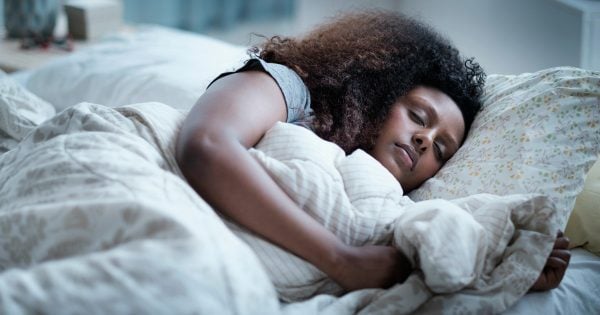If there’s one thing we’re more tired of than not getting enough sleep, it’s being told we’re not getting enough sleep.
Sleep deprivation is no longer news, it’s the norm. Thanks to our increasingly busy lives, never-off technology and other lifestyle habits, we’re spending more time in bed but not necessarily using it to sleep.
And while we’re well aware of the impact it’s having on our health, there’s another side effect of lack of sleep no-one is talking about. We’re also dreaming less.
The silent epidemic is becoming so concerning, some experts are claiming we’re living in a ‘dream dystopia’.





























































































